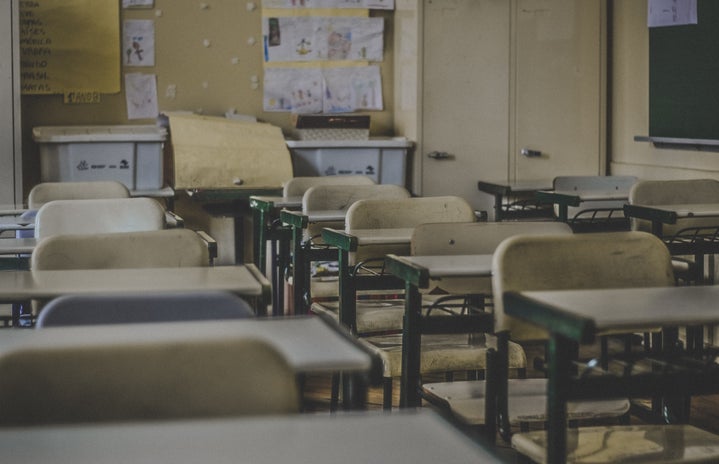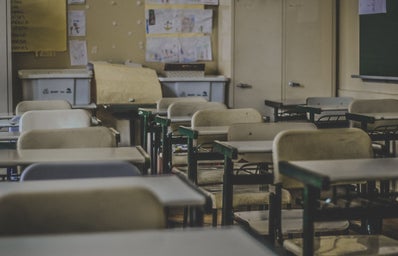Despite decades of advocating for equity in education across the barriers of race and gender, the number of children allowed to pursue education continues to be stifled. Over 200 million girls and boys worldwide are denied opportunities to attend school, which is a place that serves as a haven for children in third-world countries. Schools provide our world’s children with food, water, healthcare services, and a safe place to learn and develop. When disaster strikes, school is no longer an option for children who are displaced or separated from their families. Wars, natural disasters, cultural factors, and criminal activity are all contributing factors to the crisis of educational disparities among children worldwide.
The lack of the opportunity for girls to receive even elementary school level education leads to illiteracy and their dependence on others for life decisions. According to the United Nations Women (a United Nations entity dedicated to gender equality and the empowerment of women), women make up two-thirds of the world’s 798 million illiterate people.
Natural disasters and wars create a huge disparity between available resources and funding for education: The number of refugees moving from one country to another can overwhelm available resources, and funding during incidents such as these do not go toward aiding schools. Similarly to the effects of war, earthquakes, hurricanes, tornados, and many other natural disasters can displace children and families, leading to a long recovery process. The communities that face these circumstances are no longer focused on the education of their children, but understandably on the overall well-being of their citizens.
Cultural differences and familial beliefs contribute more noticeably to the lack of education young children, especially girls, receive. An example of this is rooted in the “old-school” belief that women should learn how to properly tend to their children and the home while their husband provides monetary support. This idea goes hand-in-hand with arranged child marriages, prostitution, and teen pregnancies that inhibit girls’ ability to gain an adequate education.
There are countless scenarios in which young girls have been denied education, and these are just a few. Knowledge is not a privilege; it is a basic human right that has been taken from children all over the world.
How can you join the fight?
- Learn more about organizations that support children’s education.
-
Civil society organizations such as the United Nations Educational, Scientific and Cultural Organization and the Global Campaign for Education aim to unify voices against educational disparities on an international scale. These non-profit, non-governmental movements push for learning equality between boys and girls as well as for increased education in areas where financing is not always available.
- Donate to these organizations.
-
By donating to organizations that support girls’ and children’s education, you can help fund the campaigns that strive for equity and fair education for all the world’s children.
Organizations that support children’s education worldwide:
- United Nations Educational, Scientific and Cultural Organization (UNESCO)
- Global Campaign for Education (GCE)
- Malala Fund
- Educate Girls
- Children International
- United World Schools
*Please make sure the organizations you donate to are verified, civil society campaigns*
- Join the global initiative.
-
Donate. Volunteer. Vote. Change is possible and within reach. Join the fight for equity in education and support the children that will shape the future.

